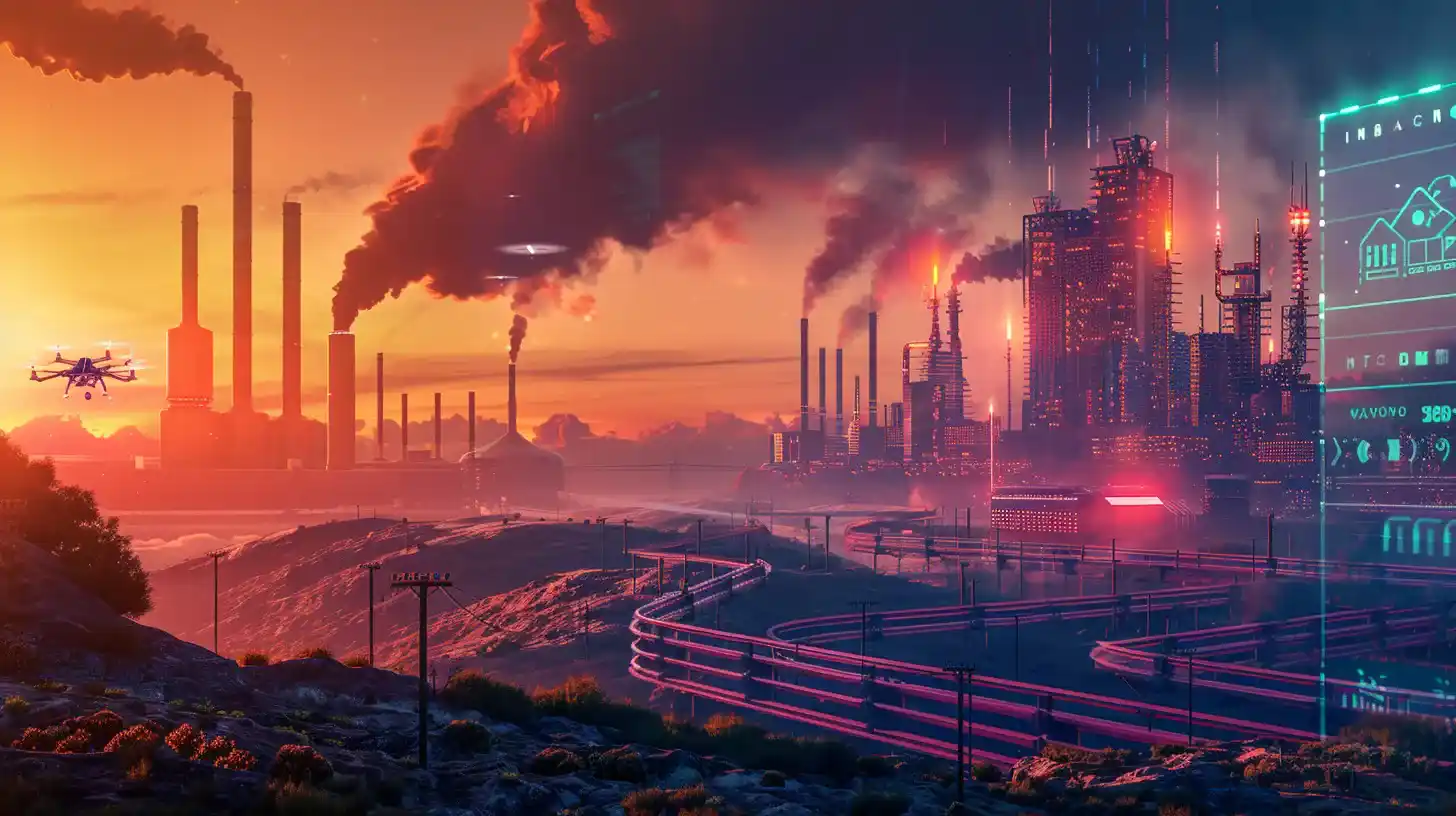Table of Contents
Energy Consumption in Tech: In the digital age, technology’s footprint extends far beyond the tangible devices and networks we use daily. A pressing issue has emerged from the shadows, one that ties the virtual world to the very real concerns of environmental sustainability: the significant energy consumption by emerging technologies, notably bitcoin and artificial intelligence (AI). This phenomenon raises critical questions about our path toward a sustainable future amidst the ever-growing digital consumption.
The Bitcoin Energy Dilemma
In 2016, Dutch consultant and blogger Alex de Vries stumbled upon a staggering fact: a single Bitcoin transaction consumes as much energy as an average American household does in a day. This discovery led him to create the Bitcoin Energy Consumption in Tech Index on his blog, Digiconomist, highlighting the immense energy demands of Bitcoin mining.
The latest figures paint a startling picture, with bitcoin Energy Consumption in Tech mining consuming 145 billion kilowatt-hours of electricity annually—more than the entire country of the Netherlands. This energy production results in 81 million tons of CO2 emissions, exceeding the annual emissions of countries like Morocco. Furthermore, de Vries has shed light on the considerable electronic waste and water consumption associated with Bitcoin mining, further exacerbating its environmental impact.

The AI Energy Consumption in Tech Challenge
De Vries‘s concerns have recently expanded to include another technological behemoth: artificial intelligence. Recognizing similarities in the potential growth trajectory and energy demands of AI, he added an “AI sustainability” tab to his blog. His research suggests that if Google were to fully integrate generative AI into its search functions, the company’s electricity use could skyrocket to 29 billion kilowatt-hours annually, surpassing the consumption of many nations.
This surge in energy demand underscores a fundamental mismatch between rapid technological advancement and environmental sustainability.
The Broader Environmental Impact
The International Energy Agency’s announcement that global CO2 emissions rose to over 37 billion metric tons in 2023 underscores the urgency of addressing technology’s Energy Consumption in Tech. With the global push towards net-zero emissions, the increase in energy usage by data centers, powered by the rise of AI and soaring bitcoin prices, poses a significant challenge. Data centers in the U.S. alone are expected to account for 6% of the country’s electricity consumption by 2026, highlighting the scale of the problem.
The Cryptocurrency Mining Conundrum
Cryptocurrency mining, especially Bitcoin, is inherently energy-intensive due to its computational demands. Miners compete to solve cryptographic puzzles, a process that requires significant computing power and, by extension, electricity. This has led to mining operations proliferating in regions with cheap electricity, contributing to an increase in energy consumption.
Despite attempts to regulate the energy use of crypto mining, such as the U.S. Department of Energy’s initiative, legal challenges have hindered progress. The financial incentives tied to Bitcoin’s value only exacerbate the situation, leading to a vicious cycle of increased energy use.
The Potential of AI and the Need for Breakthroughs

Artificial intelligence, particularly machine learning models like ChatGPT, also demands substantial energy for processing vast amounts of information. With ChatGPT responding to approximately 200 million requests per day, its energy consumption is significant.
While AI has the potential to enhance the efficiency of renewable energy systems, thus reducing emissions, the escalating electricity demands of AI technology call for innovative solutions. Prominent figures in the AI industry, including Sam Altman of OpenAI, have echoed these concerns, emphasizing the need for breakthroughs in Energy Consumption in Tech production to sustain the growth of AI technologies.
Towards a Sustainable Future
The journey of Alex de Vries from uncovering the hidden energy costs of bitcoin to highlighting similar issues with AI reflects a broader challenge facing our society. As we delve deeper into the digital era, the environmental sustainability of our technological advancements remains in question. The push for disclosure requirements and greater transparency in energy consumption is a step in the right direction, yet the need for substantial policy changes and technological innovations is more pressing than ever.
In conclusion, the intersection of technology and environmental sustainability is a complex, evolving issue that requires immediate attention. As the world grapples with the dual goals of technological advancement and environmental preservation, the dialogue around Energy Consumption in Tech. is crucial. It’s a reminder that in our pursuit of digital innovation, we must not lose sight of our responsibility towards the planet.





